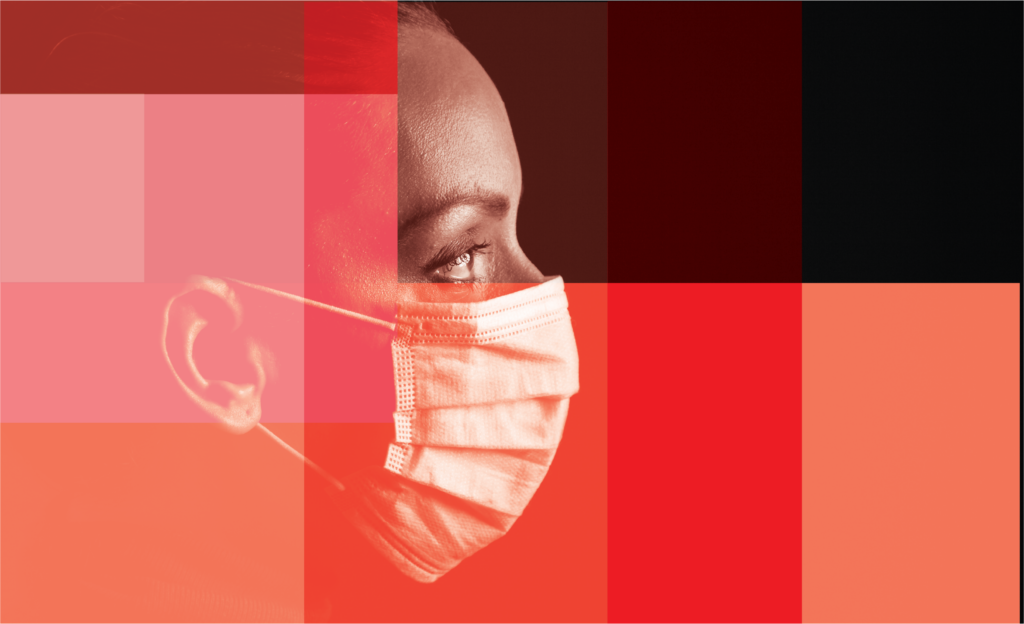
BY CHRISTINA HERNANDEZ SHERWOOD
Some 91 percent of nurses experience high levels of burnout, according to a 2023 National Institutes of Health study. Burnout goes beyond just being upset or having a bad day at work. It is clinically defined as a state of emotional, physical, and mental exhaustion caused by excessive and prolonged stress.
Burnout impacts nurses’ health and personal lives, and can lead to high turnover, poor patient engagement, and lowered standards of patient care. In the face of such unrelenting stress, nurses across the country are leaving the profession in droves.
Susan W. Salmond, EdD, RN, ANEF, FAAN, executive vice dean and professor at Rutgers School of Nursing is leading the development of a variety of strategies to alleviate nurse burnout and ultimately reduce nurse turnover. One of them was the launch of New Jersey Nursing Emotional Well-Being (NJ-NEW) in 2022, which provides programming to support nurses’ mental health needs.
NJ-NEW is a program of the New Jersey Collaborating Center for Nursing, housed at Rutgers School of Nursing. Clinical Professor Edna Cadmus, PhD, RN, NEA-BC, FAAN, is co-director of NJ-NEW and executive director of the Collaborating Center. “A resource like NJ-NEW gives us a moment to breathe and acknowledge that life can be difficult,” says Salmond. “To operate at our best, it’s important to do some self-care.”

Virtual Schwartz Rounds are a key part of the services offered by NJ-NEW. These hour-long sessions provide a safe space where nurses discuss the social and emotional issues of caring for others. Each session opens with one or two nurse panelists sharing a personal story, explains Jennifer Polakowski, MPA, assistant director of NJ-NEW. Then participants break into smaller groups for more intimate conversations. To date, some 5,800 New Jersey nurses have participated in 90 such sessions, which can count for a continuing education unit.
NJ-NEW also offers Stress First Aid workshops, which teach participants to identify stress reactions in themselves as well as others to reduce the likelihood that stress will develop into more severe or long-term physiological or behavioral issues. Stress First Aid uses a color-coded model to help people communicate their level of stress.
Online, nurses can access a wide range of resources through NJ-NEW’s Wellness Hub, which provides wellness tips, workplace strategies, event calendars, research findings and much more to support mental, physical, and emotional health. School of Nursing alumna Cristina Palmeri (DNP ’24) supported the hub’s development for her doctoral project.
Fredrick Apostadero, MSN, RN, a practicing nurse for nine years, has participated in Virtual Schwartz Rounds and NJ-NEW’s Stress First Aid Train the Trainer program. He says these activities have been invaluable in helping him cope with burnout.
“Schwartz Rounds allowed me to prioritize my mental well-being,” he says. “Learning that it is okay to ask for help has changed my perspective, giving me renewed confidence. The Rounds also offered me a platform to band together with other nurses to see what interventions my peers are introducing in their organizations. And lastly, being a Stress First Aid trainer helps me focus on being calm and confident so I can continue to deal with the different stressors that life can have.”
Another program supporting individual nurses is the Nurse2Nurse helpline. Salmond spearheaded the program’s establishment at Rutgers University Behavioral Health Care in 2021 in her role as leader of the New Jersey Nursing Initiative.
The Nurse2Nurse toll-free helpline, 844-687-7301, is staffed by retired and practicing nurses Monday through Friday, 8 am to 8 pm. Nurse2Nurse also offers live chat, help via email, virtual support groups, wellness webinars, and other services via its website: nurse2nursenj.com.
“Mental health matters,” says Salmond. “To care for others, nurses must heed their own emotional health. Our hope, through both NJ-NEW’s many initiatives and the Nurse2Nurse helpline, is to provide empathetic support to nurses from someone who has walked in their shoes.”
Summing up these efforts, Polakowski says, “Nurses want to be heard and have pathways to seek the support they need. We hope NJ-NEW provides the framework and interventions that support all of New Jersey’s nurses.”
